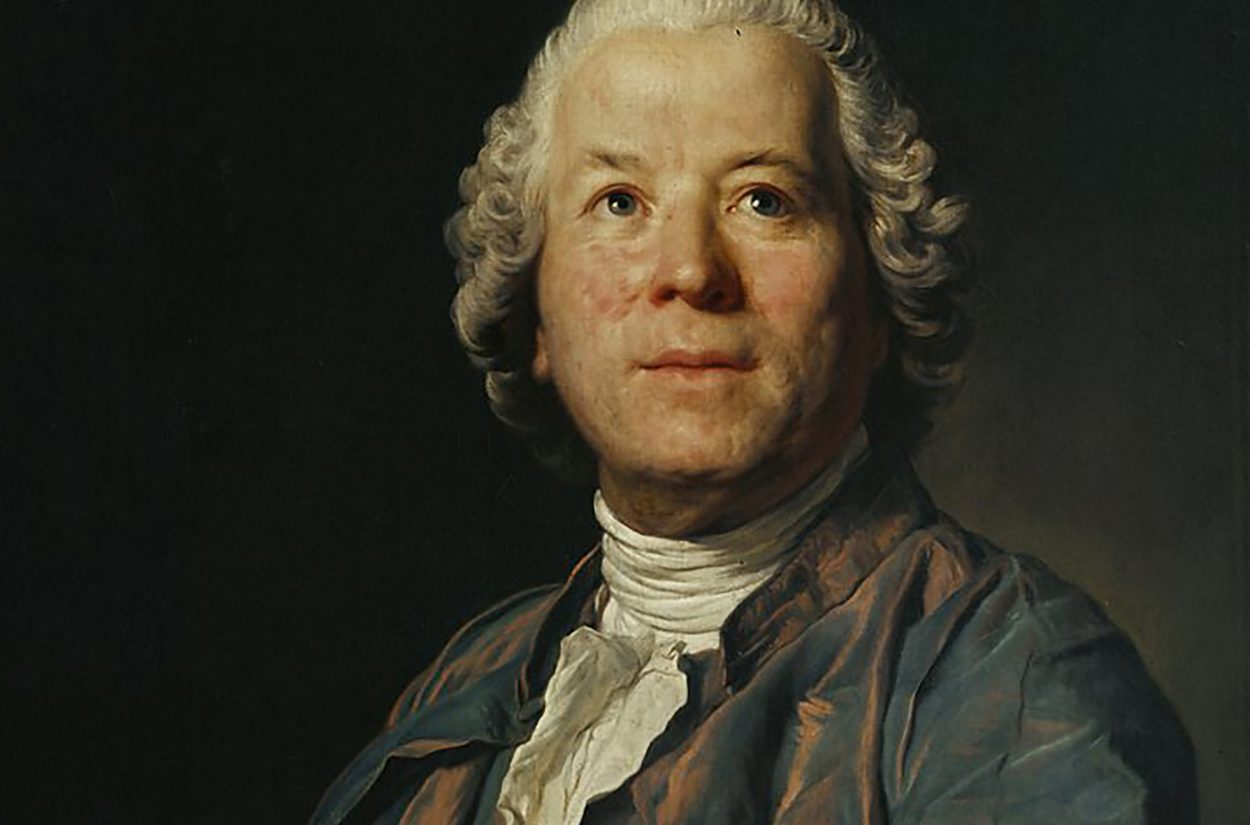Latest Comments
No comments to show.

The 5 Best Compositions by Christoph Willibald Gluck
Christoph Willibald Gluck (1714–1787) is celebrated as a transformative composer who redefined opera in the Classical period, bridging the gap between Baroque traditions and more[…]

10 Fascinating Facts about Christoph Willibald Gluck
Christoph Willibald Gluck, a towering figure in the history of classical music, was born on July 2, 1714, in Erasbach, Upper Palatinate, Bavaria. His life[…]

Christoph Willibald Gluck – Biography and Life
Christoph Willibald Gluck (1714–1787) was a German composer of the Classical era, renowned for his significant contributions to opera reform. Born on July 2, 1714,[…]
© 2025 Top Classical Music. Created with ❤ using WordPress and Kubio